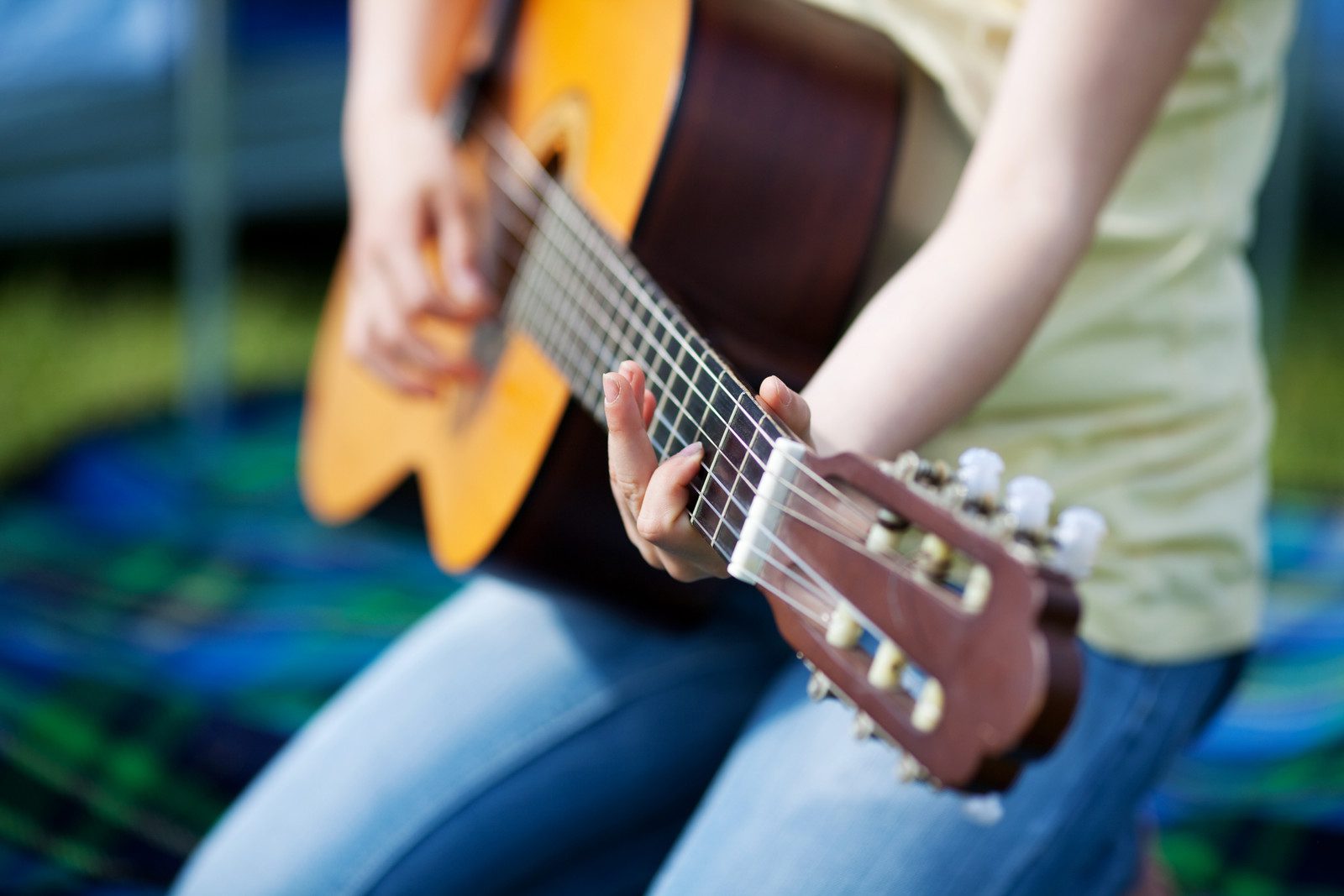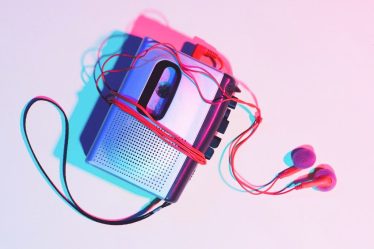
Introduction
Music is more than just background noise—it’s the heartbeat of our memories, the language of our emotions, and the invisible thread that connects us to each other. Whether it’s the song that carried you through heartbreak, the beat that made you dance when you didn’t feel like smiling, or the lyrics that said what you couldn’t, music is a powerful force in the human experience.
In a fast-paced world where stress and disconnection are common, music remains one of the most accessible, universal, and deeply personal forms of healing.
Music and Emotion: A Language Beyond Words
Have you ever cried over a song without knowing why? Or felt instantly transported back in time by the first note of a familiar melody?
That’s because music bypasses logic and speaks directly to our emotional core. It triggers memories, evokes moods, and allows us to feel what we may not be able to say. From joy and heartbreak to rage and hope, music holds space for every shade of the human condition.
The Science of Sound: How Music Affects the Brain
Neuroscience confirms what we already feel in our bones: music can change your brain. It activates areas linked to memory, emotion, and even physical movement. Certain types of music can lower cortisol levels, ease anxiety, reduce pain, and improve focus.
It’s no surprise that music therapy is now used in hospitals, schools, and mental health centers worldwide. For people dealing with trauma, depression, or neurological disorders, music can be a lifeline.
Music as Identity and Self-Discovery
Your favorite playlist says more about you than your social media bio. The artists you return to, the lyrics that resonate, the genres that energize or soothe you—they all reflect parts of who you are.
For many, music becomes a tool of self-discovery. It helps us define our identities, find our communities, and explore our emotions safely. In moments of confusion or transition, music becomes the mirror and the map.
The Collective Rhythm: Music’s Power to Unite
Music connects us—even when words fail. Whether it’s strangers singing together at a concert, entire cities dancing to the same viral song, or communities using music to protest and heal, the collective power of sound can unite hearts and minds across culture, language, and belief.
It reminds us we’re not alone. That others have felt what we feel. That joy, grief, and love are all shared experiences—and that sometimes, a single melody can say it all.
Conclusion
Music isn’t just something we listen to—it’s something we live through. It holds us when we’re hurting, lifts us when we’re lost, and reminds us who we are when we forget. In every stage of life, music offers comfort, clarity, and connection.
So press play. Turn it up. Let it move through you. Because your life deserves a soundtrack—and your soul already knows the rhythm.


